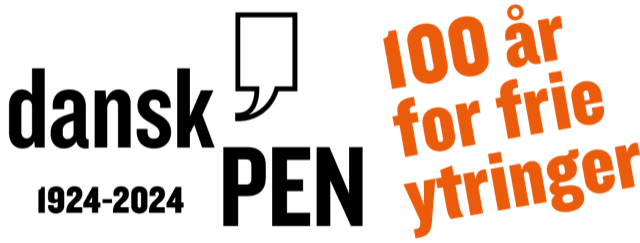Litteratur i Nordafrika
Dansk PEN anbefaler:
Litteratur i Nordafrika
4. Maj kl. 18-20 I Poesiens Hus I Møllegade 7
Northern Africa has been always occupying a special place in the Arab world. Located at the meeting point of different connection routes from Sub-Saharan Africa to the Central and Western part of the Mediterranean Basin, the region from Mauritania to Libya (historically including also al-Andalus and Sicily) shows a rich and variegated cultural landscape made up of diverse languages, human groups and schools of thought intermingled in a unique way.
In these two presentations we would like to shed light on two peculiar components of the North African literary and cultural history.
Ibn Khaldun ved June Dahy
Ibn Khaldun (1332-1406) er først og fremmest kendt for sit historieværk og i særdeleshed for sin Introduktion, sin Muqaddima. Al-Muqadimma er et teoretiserende forord på ikke mindre end 1200 sider, hvor Ibn Khaldun gør rede for de principper han mener ligger til grund for dynastiers opståen og nedgang og deres evne til selvopretholdelse. Sin empiri finder han især i den store islamiske historiografiske tradition som han dog forholder sig særdeles kritisk til. Men Ibn Khaldun har også efterladt en selvbiografi, der giver indblik i hans kaotiske samtid og i hans eget turbulente liv, der startede i Tunis og endte i Kairo. Med relationer til det svindende arabisk-islamiske Andalus til arabiske og berberiske dynastier i Nordvestafrika og til sidst til Mamlukdynastiet i Kairo giver han en helt unik indsigt i en ubestikkelig embedsmands liv på kanten af den islamiske civilisation.
Literature in French from the Maghreb by Alessandro Gori
French colonial rule deeply influenced the linguistic and literary panorama of Northern Africa, radically and durably modifying it. One of the most relevant consequences of the presence of France in the region is the birth and blossoming of a literature produced in French by local Mauritanian, Moroccan, Algerian and Tunisian writers. In the presentation I will focus on perhaps the most developed of these four literary productions, the Algerian one. I will first present the historical and political background of the spread of the French language in Algeria starting from 1830. I will then mention the most outstanding representatives of the French literary production in Algeria in their different ideological and literary stances. I will finally focus on two authors, Taos Amrouche (1913-1976) and Tahar Djaout (1954-1993), the biography and cultural activity of which can give a clear and vivid impression of the many facets the Algerian literature in French has.
